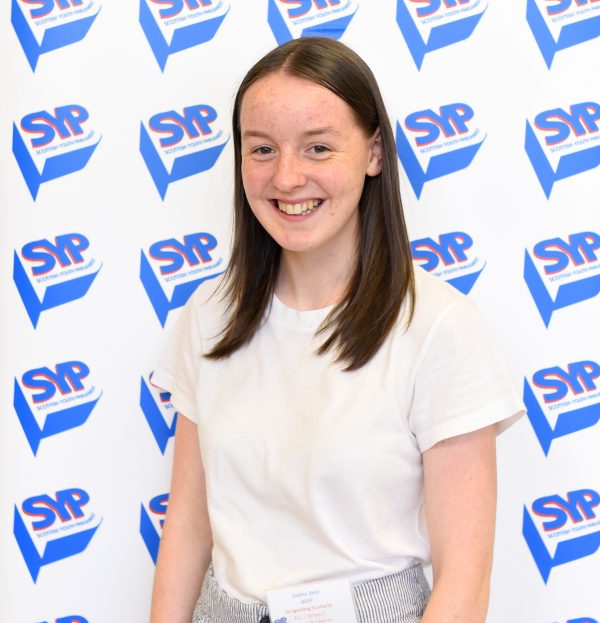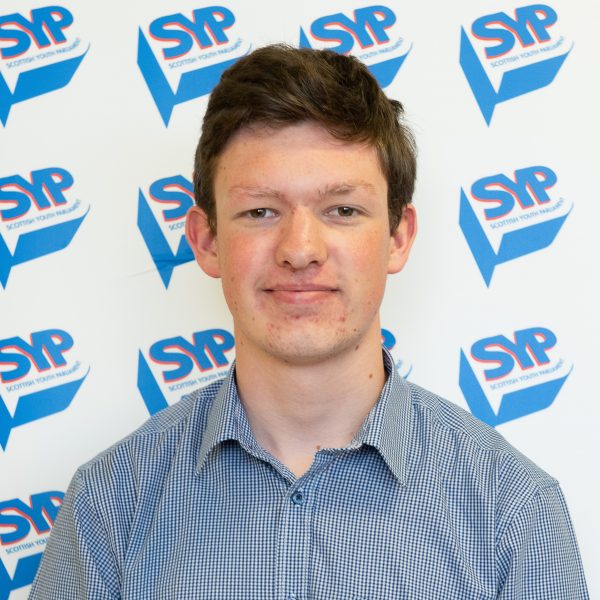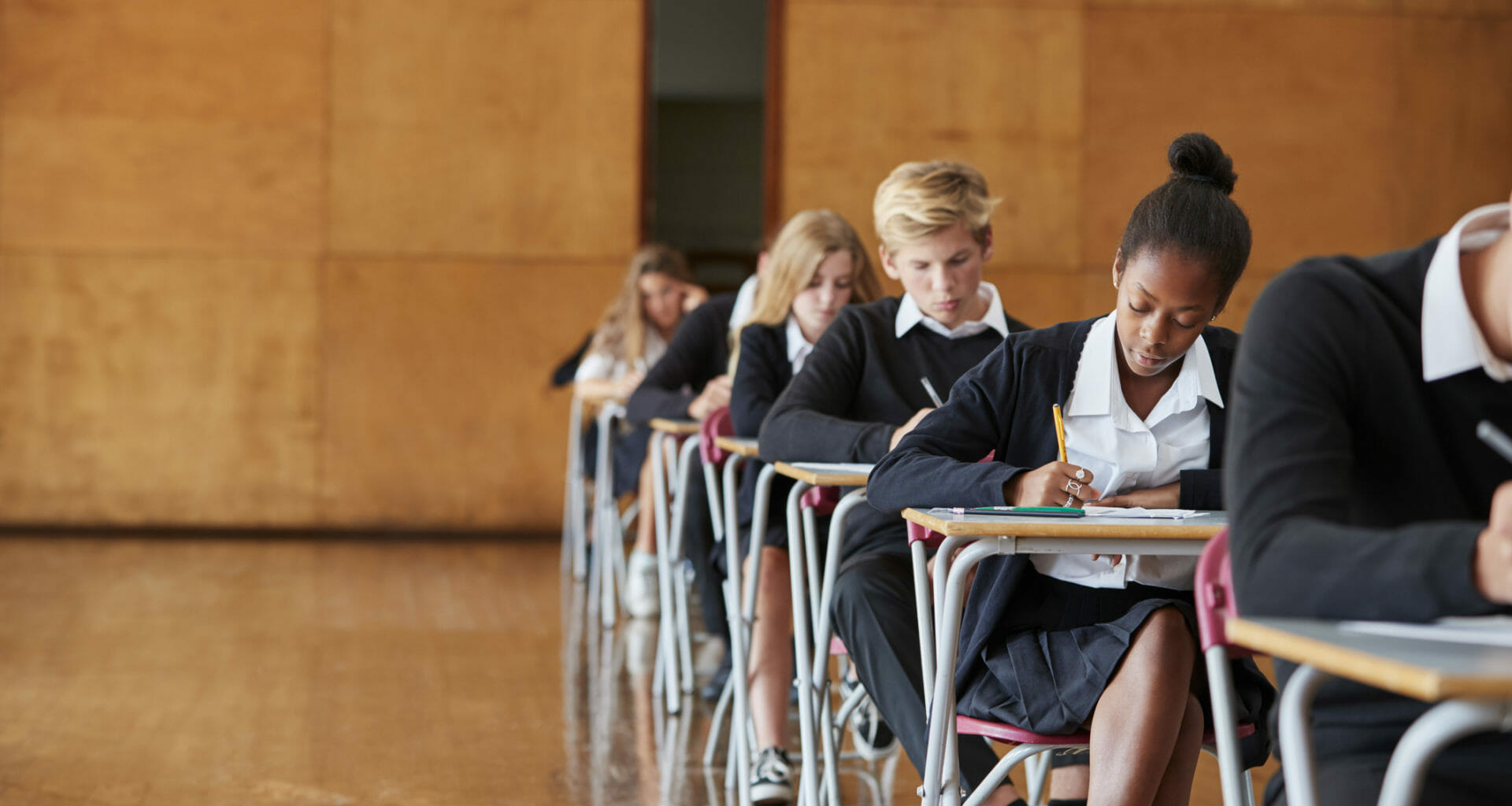Scottish high school pupils sitting National 5s and Highers have told The Ferret that mismanagement by the SQA has left them facing a “marathon of assessments” at short notice, which they claim are “exams in disguise”.
Many pupils, who started sitting exam papers last week, said they felt let down and “unfairly disadvantaged” by the lack of notice given.
Deputy First Minister John Swinney cancelled formal exams in December. But the Scottish Qualifications Authority (SQA) led plans for an “alternative assessment model”, announced in March and described at the time by pupils, parents and opposition politicians as “exams by another name”.
As a result, young people have been sitting multiple class tests and prelim assessments, and now National 5, Higher and Advanced Higher papers, since return to school after the Easter holidays.
Some told The Ferret they had been left without support or time given to prepare for multiple assessments papers – being set instead of one exam but usually sat under exam conditions within class time.
The assessments, along with graded work throughout the year, will count towards final grades, given by their teachers and cross-marked for consistency.
The SQA insists there is no requirement to “replicate a full formal exam or prelim diet” but assessment must this year be based on “demonstrated attainment”.
This is in contrast to the system in place last year when teachers were advised to take students’ circumstances into account when giving grades.
Teachers have been provided with two additional in-service days and £400 to do the additional marking. The Ferret reported that this could see teachers working for less than the minimum wage.
‘Exams in disguise’
Though First Minister Nicola Sturgeon insisted last month that assessments were not the same as exams, pupils told The Ferret that they see little material difference in the papers they have been sitting.
Many feel angry and let down, saying that back-to-back studying and graded assessments on top of exams – which come just days after prelim papers are completed – is taking its toll on their mental health and wellbeing.
Some pupils said that under rules that feel “dystopian” they are not allowed to refer to assessments as exams. Others said even some teachers were referring to “exam timetables”.
Scotland’s Children and Young People’s Commissioner, Bruce Adamson, said he was “hugely concerned” by the testimony given by young people.
Scottish Green education spokesperson Ross Greer called for the SQA management board to be sacked and accused the organisation of “inexcusable incompetence”. Scottish Labour said pupils were “right to be angry”.
I’m really scared and really angry. I don’t know if I can do it. I’m already overwhelmed.
A 16-year-old’s diary entry on the eve of her first exam assessment
Timetables shared with The Ferret show that some pupils have been doing multiple assessments in a day, though some schools later changed timetables to ensure no pupil was sitting more than two assessments in any one day.
Yet many said the stress – combined with the anxiety of returning to school after three months of home learning while wearing masks and following additional Covid-19 restrictions – was taking a toll on their mental health.
One 16-year-old girl – an A-student – anonymously shared a diary entry from the evening before her first exam in late April, in which she wrote: “I’m really scared and really angry. I don’t know if I can do it. I’m already overwhelmed.”
In the entry, she noted that the “seven big exams” she would been expected to sit pre-pandemic would have come with support and study leave.
She claimed such support was completely absent despite the fact that they had been replaced with 20 assessments.
“This is so wrong to me,” she wrote. “We have just come out of lockdown and have been thrust into this marathon of assessments.” She concluded: “School shouldn’t be like this.”

Sophie Reid, MSYP for Girlguiding Scotland and Scottish Youth Parliament trustee, said the reality young people were facing was being “ignored or glossed over”.
She added: “I am essentially sitting multiple more exams, months before they were due to take place, with the impacts of online learning still affecting my understanding of courses.
“Being thrown into assessments the week we came back from online learning has caused me a lot of stress and I think a lot of young people are feeling the same. There has been no opportunity to ease back into school and I think the mental health effects of this process haven’t been considered.”
Communication with young people had not been good enough, she added, with information difficult to find and a lack of consistency across local authorities and individual schools.
Alex Boardman, who is sitting Highers and Advanced Highers in Edinburgh, said in an email that in his experience “exams have most definitely not been cancelled” and that the constant uncertainty and U-turns had left pupils in limbo.
He added: “I’ve spoken to some of my friends to get a range of opinions and the consensus is that the SQA have managed this entire process quite shambolically. The lack of clarity and late decisions has been an issue throughout.”
He claimed the “constant cycle of revising and then being told it was pointless” as plans for prelims and exams changed as been “demoralising” and stressful.
Personally, my mental health is not exactly helped just because exams are called assessments. Prelims and exams have all been condensed into the space of a month, which does anything but alleviate stress.
Alex Boardman, Higher pupil
“Personally, my mental health is not exactly helped just because exams are called assessments,” he added. “Prelims and exams have all been condensed into the space of a month, which does anything but alleviate stress.
“Ultimately, what pupils need is clarity and honesty and the SNP and the SQA have failed on both counts. It seems like both organisations are trying to pass the buck onto teachers to avoid the criticism that they will inevitably get.”
Another young woman in Glasgow sitting Highers said she was sitting “exams in disguise” without the support or extended time to study that would normally be on offer.
She added: “As young people we have been constantly left guessing about our exams and subsequently our futures in an already uncertain and frightening time. We are then left with no teaching time, increased stress and a decrease in mental health. We have not been helped in the way we were promised.”
Cameron, from East Kilbride, who will be doing assessments for five Highers from 16 May with the aim of getting grades for university, added: “We got told there would be no exams and that grades would be based on all our work throughout the year but now we’re doing exams.
“All through lockdown we had to learn at home and by ourselves and in chemistry, for example, I found that quite hard.
“I think our teachers maybe feel like we’re being cheated. They are helping a lot and giving good advice and they’re not happy about this either. But I don’t blame them at all.”
But Robin, who is sitting is National 5s at a school in Dumfries and Galloway, with up to two assessments per day, said the problem was the way the assessment process had been managed, rather than the system itself.
It would be possible for this to work if every teacher knew what they were doing. But there’s a real lack of communication and knowledge – that’s the problem here.
Robin, Dumfries and Galloway
He added: “It would be possible for this to work if every teacher knew what they were doing. But there’s a real lack of communication and knowledge – that’s the problem here, not the system for gathering evidence.
“Some teachers are calling them assessments and some are saying it as it is and calling them exams.”
To Robin, the fact exams have taken place was not a surprise – he claimed to have been cynical about the December announcement.
“But a lot of people at my school were totally shocked,” he added. “We went back for two weeks before Easter and even then some of them had no idea that we’d be doing assessments. Over the holidays I did revise but others just played Xbox.”
He also said the effect of the pandemic on teaching time has not always been considered. In maths he has had eight different teachers since the pandemic began and found it difficult to catch up. Others in his class have also struggled.
“I spoke to someone in the year above hoping to do engineering at university but he’s worried he won’t get the grades he needs,” he added. “If he doesn’t, he’s thinking maybe he’ll go into the air force or something like that. These are big things in people’s lives.”
Children and Young People’s Commissioner, Bruce Adamson, called for support to be put in place to allow young people to meet their potential.
He said: “I’m hugely concerned to hear from young people currently sitting assessments describing the pressure and anxiety they feel after a year of disruption to their education due to the Covid-19 pandemic.
‘Right to education’
“All children have the right to an education that allows them to develop to their fullest potential and extra support must be in place in schools to help young people.”
He agreed that exam study leave had not been available noting “attendance at other classes on the same day as completing assessments appears to be common”.
“As we come out of this pandemic we cannot forget that young people have already been through so much, we should be as flexible and accommodating as possible,” he added.
Cameron Garrett, MSYP for Argyll and Bute, and Convener of SYP’s education and lifelong learning committee said young people were being unfairly disadvantaged by the approach some schools had taken to assessment this year.

He added: “We strongly believe that young people need to be given a clear pathway to follow if they don’t feel their circumstances are being appropriately taking into account.
“Young people also need a robust appeals systems, to give them additional reassurance. This would offer young people who have been unfairly disadvantaged a chance to get the grade they deserve.”
EIS general secretary, Larry Flanagan said the union was “well aware of the pressure on young people” and is calling on schools to maximise teaching time and “avoid high stakes one-off assessment arrangements”.
He added: “Teachers are working flat out to support students in achieving qualifications this year, despite the challenges of the pandemic.”
‘Inexcusible incompetence’
The Scottish Greens‘ Ross Greer claimed the SQA had “completely failed to scenario-plan for the impact of school closures on this year’s qualifications, despite it being a highly likely outcome. He added: “Given how many warnings we sent them, that is inexcusable incompetence.”
“This year’s system of de-facto exams appears designed to ensure that teachers and schools take the blame if anything goes wrong, rather than it resting with the SQA, where it belongs.”
Scottish Labour education spokesperson Michael Marra added: “Pupils are right to be angry. Despite failure after failure on education policy, the SNP and the SQA have clearly learnt nothing.”
An SQA spokesman said that it had “provided a flexible and consistent framework for schools and colleges” for both materials and assessment standards.
They added: “We fully appreciate that this is a challenging time for learners across Scotland. The National Qualifications 2021 Group, which includes the Scottish Youth Parliament representing young people, has co-created this year’s alternative certification model.
“The group has been clear that there is no requirement to replicate a full formal exam or prelim diet this year and that results need to be based on demonstrated attainment by assessment in a flexible way to suit local circumstances.”
A spokesperson for the Scottish Government said it was unable to comment in the election period but noted the alternative certification model for 2021 was created in partnership with a wide range of organisations.
Are you a pupil, student, teacher or parent? How are you affected by exams assessments? Get in touch and share your experiences: support@theferret.scot
This story was published in tandem with the Sunday National.
Cover image thanks to iStock/monkeybusinessimages















The exams aren’t even being disguised as assessments. How can a closed book, invigilated, on campus assessment that has been written by SQA be called anything other than an exam ???